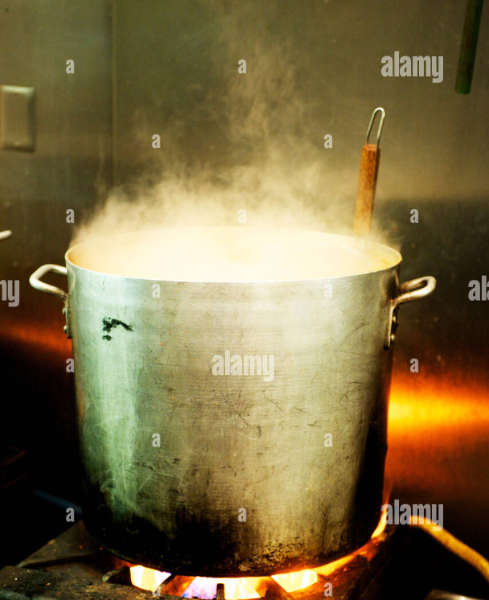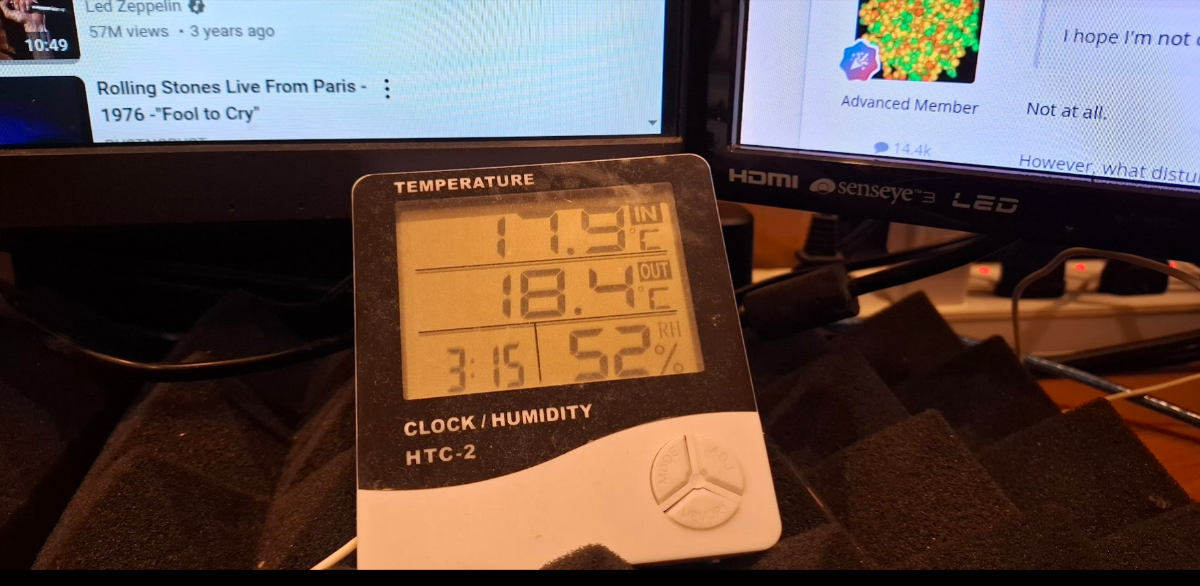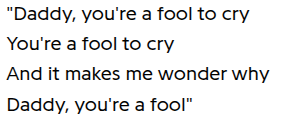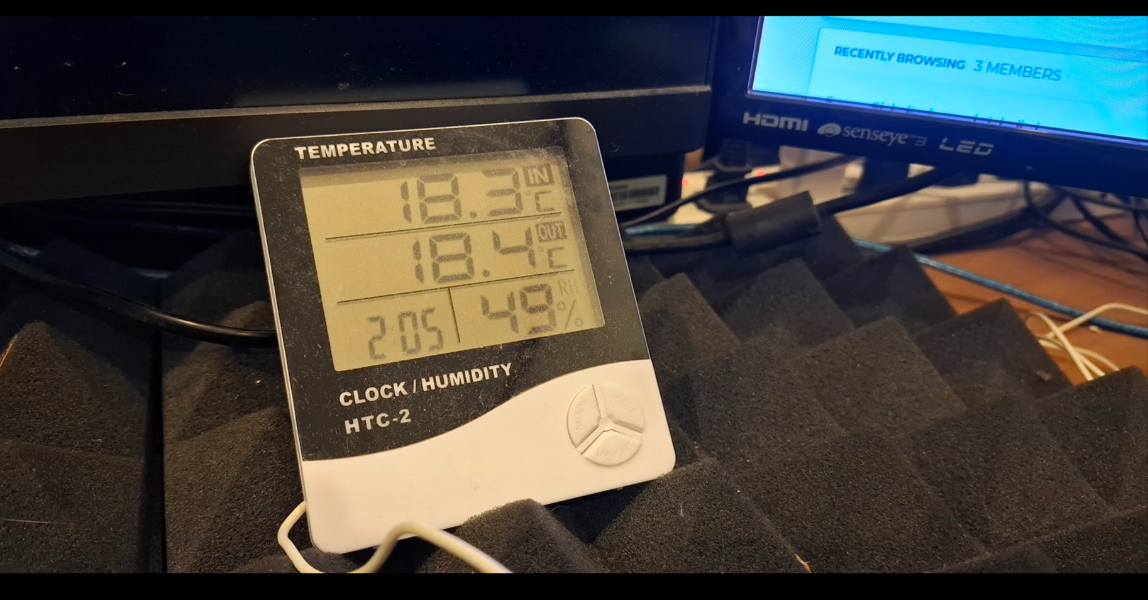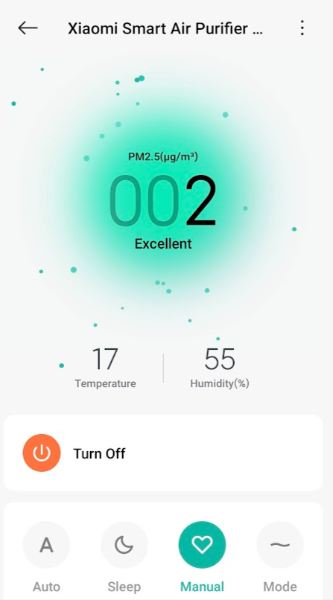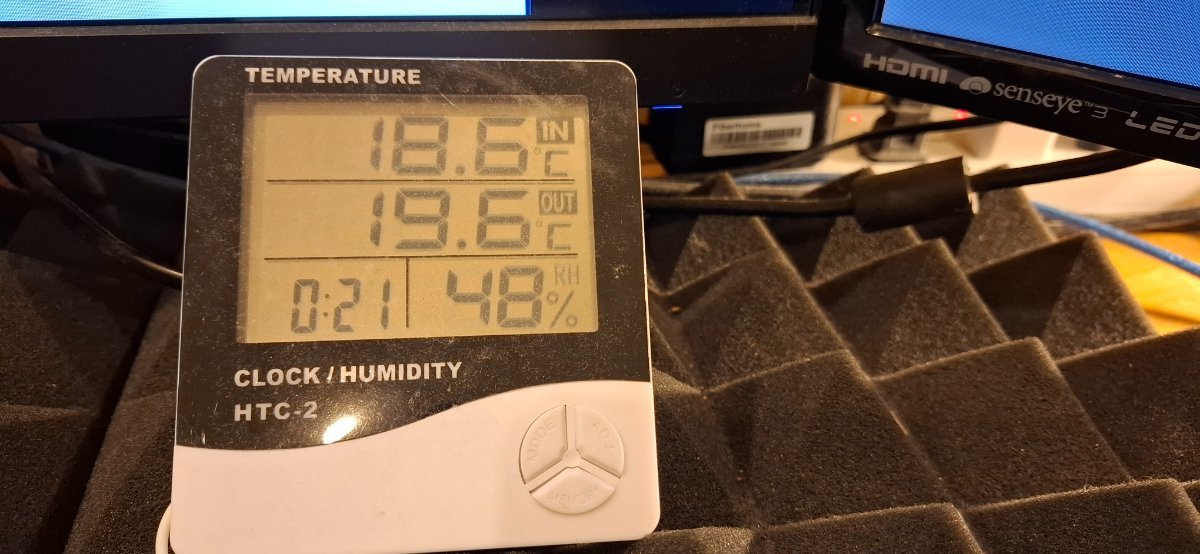-
Posts
15,414 -
Joined
-
Last visited
-
Days Won
1
Content Type
Events
Forums
Downloads
Quizzes
Gallery
Blogs
Everything posted by GammaGlobulin
-
You must be one of the ones who also visited Macao, not for the culture, but just for the gambling. I have seen plenty of guys like you in Macau. And, it was guys like you that destroyed that place. Anyone worth anything has already left Macau due to the casinos there. Have you any idea just how much devastation a casino can cause to a culture? Or.....probably..... You just do not care.
-
So, anyway..... Some members of this forum mistakenly believe that IF you sweat like a thoroughbred....that...somehow...a properly functioning AC will... ICE UP. This is TOTALLY BOGUS....BOGUS.... BOGUS. And, I have tested this dumb hypothesis....several times..... And....this just DOES NOT HAPPEN. Here is what happens when a horse sweats.... EVEN IF, I had Secretariat in my room, running full tilt..... And, with 70,000 BTU of cooling power,..... My ACs would not ICE UP. In fact, no matter how much I sweat, or how much water I boil, there is really NO WAY.... That my properly functioning Panasonic ACs would EVER ice up.... So,, Just judging by this horse, a very famous horse..... Most of the dumb opinions on TV are just, ...plain.... WRONG. And, I do KNOW that I am correct. I am always right, when I voice an opinion. Otherwise, I would never open my mouth. THERE WILL NEVER BE ANOTHER HORSE LIKE .....SECRETARIAT...... And, this is all that I am saying here. I am so thankful to have been alive during the time of this amazing horse. And, Panasonic ACs, when produced according to Panasonic engineering standards....are.... ALSO.....wonderful. God, I love horse racing. BUT, will the Commies destroy horse racing in HK??? It is really TRUE, folks.... Every time I see this amazing horse win.....I cry. I weep for joy. I am not too embarrassed to admit it.
-
Can you do THIS...??? ========== I think that I never understood it before...but.... I think that I have had a very long-time LOVE AFFAIR with Jagger.... Decades long. I have always loved Him, since I was fairly young. Jagger is almost a GOD. And, I have always felt that he is the closest thing to a god that I have ever known.... TRUE....!!! And, when Jagger dies...then.... There will definitely be a SECOND COMING..... Mick will be Back.....
-
I NEVER complain about the weather....here in Chiang Mai. I NEVER complain about the SMOKE. I am always PROACTIVE.....I don't mess around..... MY TEMPS ARE .....always...GOOD. MY AIR quality...IS....ALWAYS..... pm OK..... I do not mess around. And, I do not complain. You guys don't know how to live in a place like this, I guess.... a. OH...sorry.....it's just too HOT for me....what a joke. b. OH...sorry....It's just a bit to SMOKY for me....... c...... NOT...NOT..... d. NO. NEVER to smoky for me....... e. I am ALWAYS .....OK....... I love the smoke, and I love the heat...... And, dire straits have never bothered me....MUCH....
-
And, for that matter, what about my DEW POINT.....???? No worries ..... My dew point is still ..... OK.... And, what about YOUR dew point? Not so good, I would imagine..... I LOVE a powerful man..... One with a white T-shirt....and STRONG muscles.... What about you???? And a GOOD Tan...... And, a slight beard.... I like a Simple Man, .....
-
Dear Folks, Sometimes, I just feel too cold in Thailand, and even feel this way during the HOT season. But, I don't know why. Is it because I have no friends? Or, is it because of my metabolism? What about you? Do you ever feel very cold in Thailand, when you should not. IDK. What I really need is some HOT music, to warm me up. Any thoughts of any really HOT music, about now? My main problem is that I am, at the moment, wearing TWO winter coats, just to stay warm enough to type this message. How do YOU stay warm, during the HOT season in Thailand....anyway???? Best regards, Gamma Note: When I was younger, I could better tolerate the cold. But now, it's just more difficult. This is why, during the HOT season in Thailand, I need TWO winter coats. Note2: I think I might be on my feet, once again...... I think I am about to END my long-term celibacy..... Note3: I think I might have found a woman to my taste, who might end my 25-year span of no sexual union. I will let you know when it happens..... I'm ready for love. And, I have been ready for love since...NINE-ELEVEN.....last time I had any love, when the Twin-Towers fell...... I will be so happy when I am finally able to stick it in..... I have been dreaming...for just so long.... And, very soon, it might just happen..... I NEED YOUR LOVE......
-
And I meant cause of death complication from throat cancer, pneumonia being the complication.
-

Trump Starts Global Tariff Wall, Thailand Hit with 36% Tax
GammaGlobulin replied to webfact's topic in Thailand News
Very mysterious. Someone. And, as well, very cryptic. You really should not be afraid to say what you mean, and state it clearly. Because, as your comment stands now... Your comment clearly says absolutely nothing.... Let's be clear. Say what you mean. No point in having everyone guess what you MIGHT mean, if, in fact, you had intended to convey any meaning, at all.



